| International GLOBAL CITIZEN’S AWARD | |||||||||||||
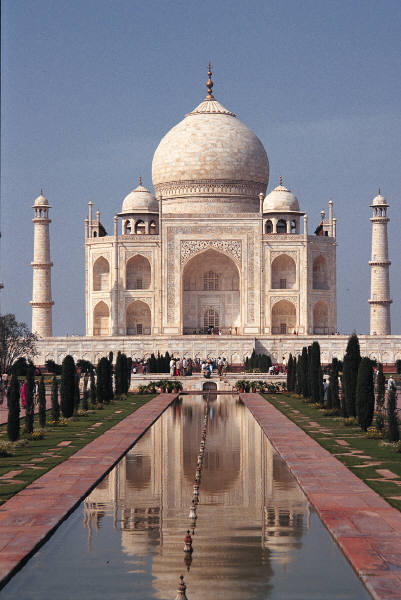 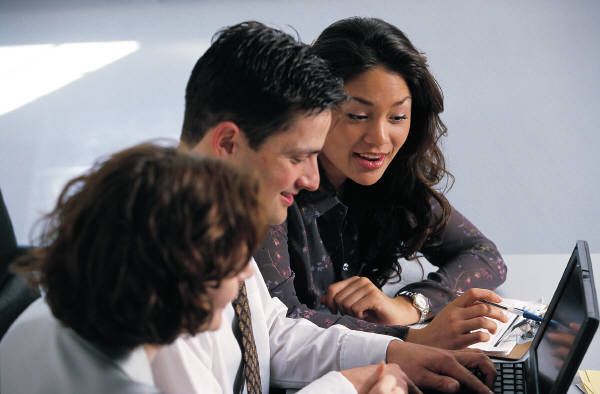   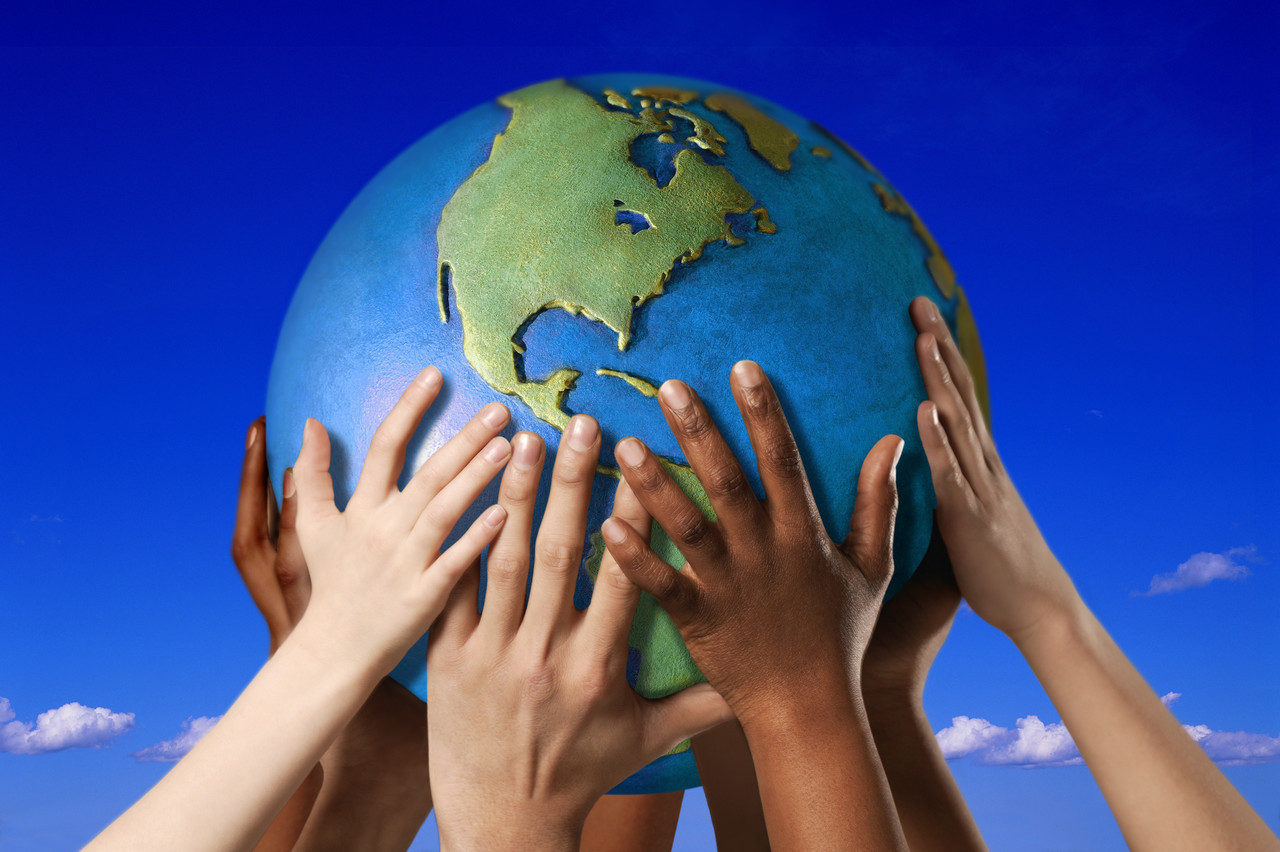  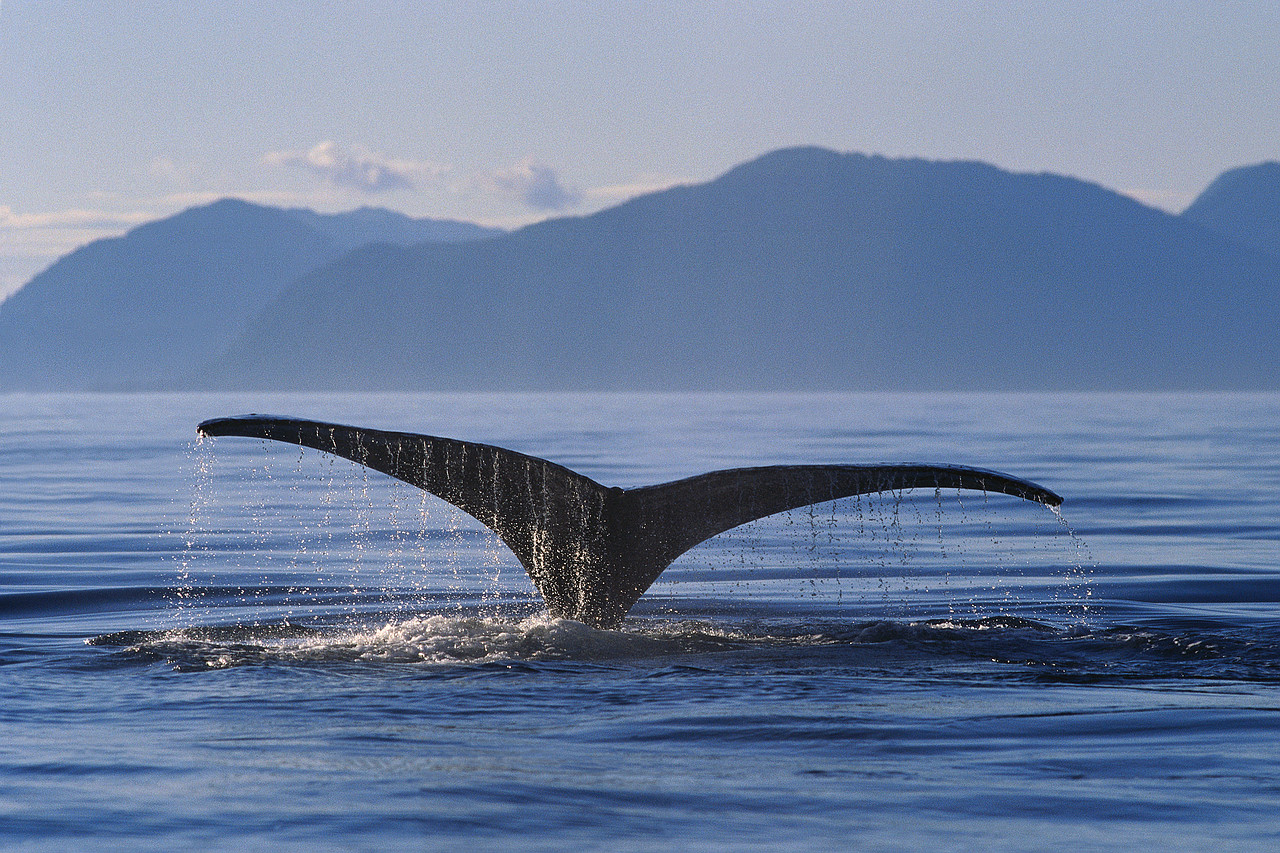 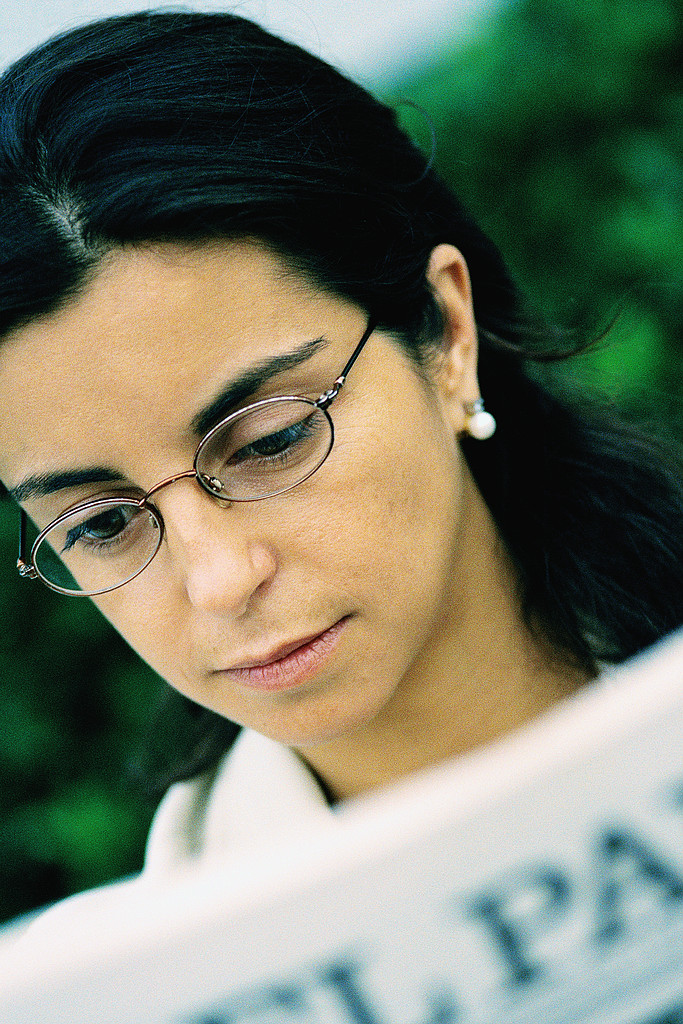  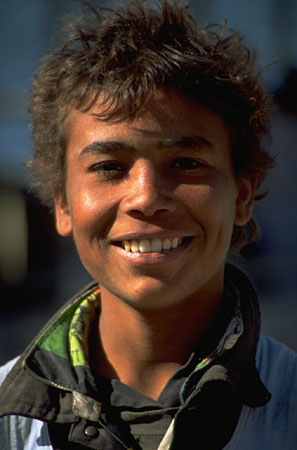  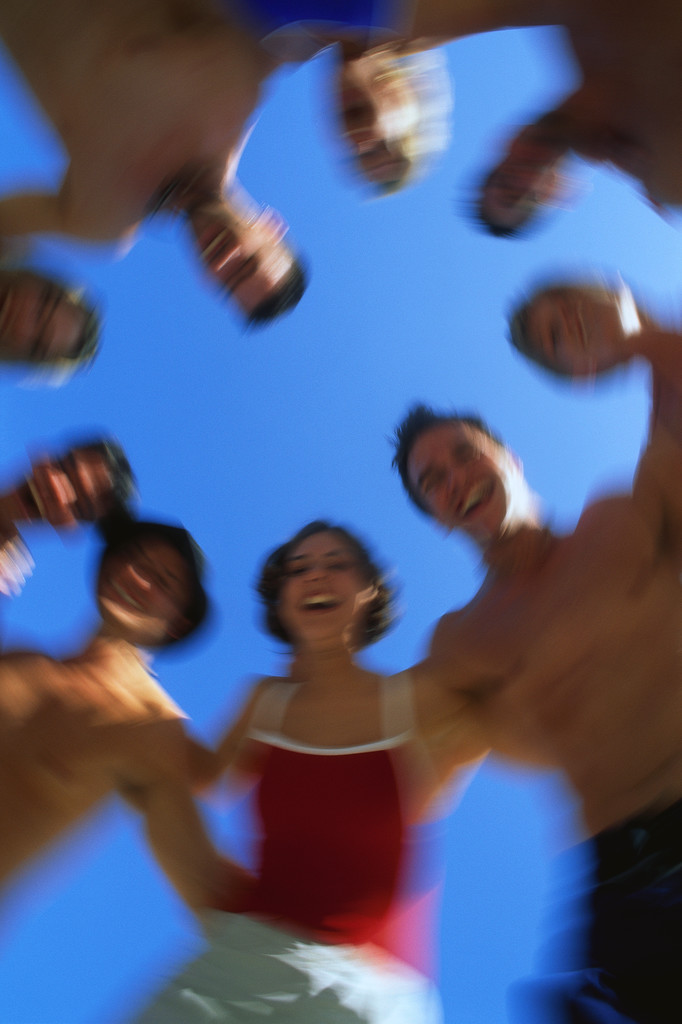 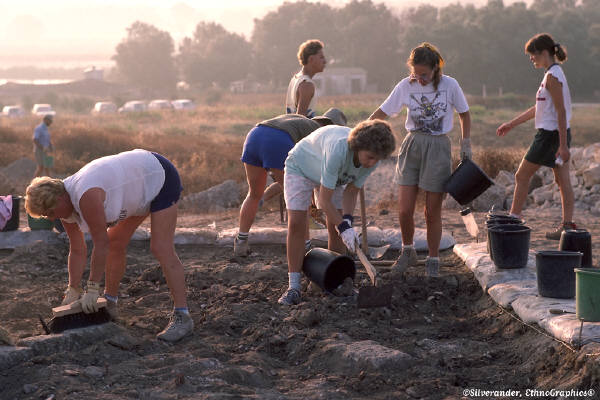 |
|||||||||||||
|
What is
the Award programme? The International Global Citizen’s Award programme is a new programme to encourage and recognise the development of people as global citizens. It is During the programme, people become During the programme, you will be engaged in interactions with people from different backgrounds and cultures, active as a global citizen, and reflecting on your developing and changing knowledge, outlook and attitudes. You will look at aspects of your everyday life and how, in this global world, they impact upon other people and the environment. You will make some changes in aspects of your everyday life as a result. Although the idea is that you will acquire new knowledge during the programme – probably quite a lot - you cannot do the award programme simply by reading and finding out information – it is not another subject with tests and exams. It is about becoming a more informed, principled and involved global citizen. What do we mean by “global citizen” anyway? The term “global citizen” is quite a new one, and it is used in different ways in different contexts. In the IGC Award we are concerned with “citizenship” as indicating responsible membership of society, in general – being aware that our actions impact on the lives and well-being of others, and on the environment, and acting accordingly, and taking a measure of responsibility for the society of which we are part. Global citizenship simply places this on a global scale. It implies awareness in everyday life, that we are influenced by and influence things beyond our own country, on a global scale. For those who like more formal definitions, the development charity Oxfam sees the Global Citizen as someone who: • is aware of the wider world and has a sense
of their own role as a world citizen The programme is open to young people aged at least 11. (Local centres may have their own minimum age). However, adults are encouraged to become involved as participants too. We are all global citizens – whatever our age - and we can all become better global citizens –however old we are! How good a global citizen do you need to be to receive the award? The purpose of the award programme is to encourage and recognise our development as global citizens, not to recognise how good we are as global citizens. People will start the programme with different levels of action, engagement, knowledge and experience as global citizens. What matters is that there is a commitment to work to become a better global citizen during the period of the award programme. The award recognises this commitment and development, not the standard reached. However, as a safeguard, there are certain things which could disqualify someone from receiving the award. People who act in racist ways during the award programme, for instance, would not be eligible to receive an award. There are four distinct elements of the programme, which relate to key activities as global citizens. • Understanding other cultures and outlooks • Personal Global footprint • Influence and involvement with others • Recording and reflecting on personal change and development Participants commit to engaging and developing in each of the different areas. You participate for a minimum of six months to be eligible for an award at “bronze” or first level. After the bronze level you can proceed to the silver level, after a minimum of 6 months more (i.e. at least 12 months altogether), and, after a minimum of 6 further months (a total of 18 months minimum), to a gold level award. You must begin with bronze level, and if you wish to continue, work your way through silver, then gold. Silver and gold awards are considerably more demanding - they are not just a few months more of the same thing.How much time does it take to do the programme? The average time commitment is 1½ - 2 hours per week. So for bronze level, the total time is around 40 – 50 hours; an additional 40-50 hours for silver, and a further 40-50 hours for gold. Some activities, such as community service, might involve a longer block of time in a week, but then you would spend less time in other weeks. But the idea is that you should be doing something related to the programme regularly over an extended period, and have time to reflect, think and learn. You cannot cram everything into a few weeks, no matter how hard you try! You may already be doing things which can count towards the programme. For instance, if you are keen on watching films, you may simply need to reflect on some of the films you would be seeing anyway to develop your understanding of other cultures and outlooks. You may already be involved in a service activity which would count towards the community service requirement. In these cases, the extra time needed to participate in the programme will be less. However, you will find that you will do some new and different things as part of the programme. This is essential if you are to develop as a global citizen, and that is what the programme is all about! Some activities seem to come under several headings. Is this all right? It is perfectly acceptable to undertake activities which
come under two or more headings. In fact, this can be a very effective
way of engaging in the programme, as it brings the different elements
together. What is “international” about the programme? • It is offered in different countries Do I need to travel abroad to participate in the programme? The programme follows the familiar principle: Think globally, Act locally. You do not need to travel abroad to do the programme,
although if you are travelling anyway, then this can be incorporated
into the programme. How does the programme operate? The award programme is operated and run by individual local centres. Each recognised centre makes its own awards, but the award programme in each centre follows the same general international model. Having the same international model means that people all over the world know that they are engaged in the same programme. But local centres can make sure the programme runs in a way relevant to the context of that particular country and centre. Interactions between centres are encouraged, and input form another centre is required before gold awards are made. This strengthens the international aspect of the programme. Another important feature of the programme is that it involves all participants - young people and adults - in the running of the programme and in the making the awards: this is not an award programme run by adults for young people. Each centre works out precisely how this is done. You can only take part in the programme through a recognised
local centre. Each centre operates the programme in its own way, and
may have particular arrangements about when people can start the programme,
etc. Does it cost anything to join? Participants: Ask your local centre about the charges involved. Centres: please see Information for schools If you successfully complete the programme - and remember you do not have to reach any particular standard to do this – you will receive a certificate and some other form of recognition. This depends on the individual centre. A small charity donation is also made to a charity of your choice. However, the main thing is your development as a person, and as a global citizen! January 2007 updated October 2011
|
||||||||||||
|
|||||||||||||
The
International Global Citizen’s Award E: info@globalcitizensaward.org |
|||||||||||||

